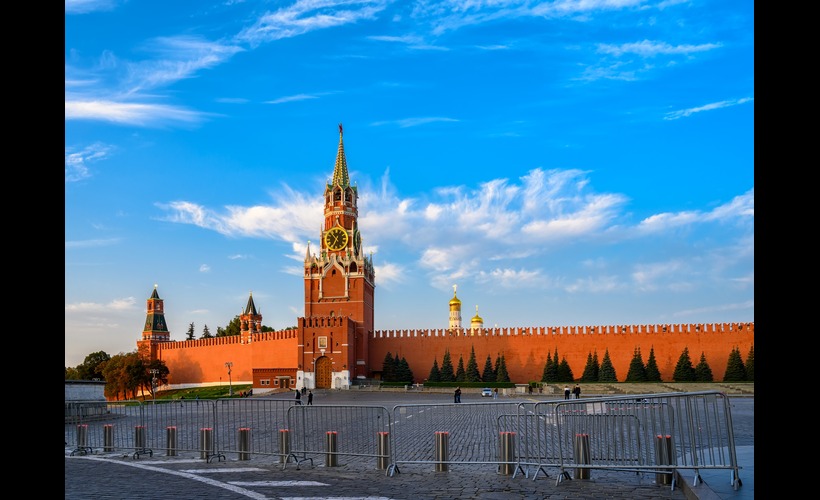Russia’s war in Ukraine has fundamentally changed German foreign and security policy in the Baltic Sea region. Not only are the states at the Baltic rim calling for German military involvement, but also for arms deliveries to Ukraine and a strengthening of European security policy at EU and NATO level. In a very short time, Germany under the new federal government of Chancellor Olaf Scholz has broken with principles rooted in historical responsibility and is strengthening the German NATO mission in Lithuania, providing an additional budget of 100 billion euros for arming the Bundeswehr and supplying weapons to the war zone in Ukraine. What does this change of strategy mean for German policy in the Baltic Sea region? What current expectations of the neighbouring countries are being aroused or fulfilled? And to what extent is Germany moving away from its post-war and post-reunification geopolitical positions?
This panel is convened by the Centre for Geopolitics, Cambridge and the Interdisciplinary Research Centre of the Baltic Sea Region (IFZO), at the University of Greifswald.
Panel:
Claudia Müller MdB, Bündnis 90/ Die Grünen member of the Bundestag defence committee and the Baltic Sea Parliamentary Conference
Dr Margarita Šešelgytė, director of the Institute of International Relations and Political Science, Vilnius University
Prof. Pierre-Frédéric Weber, associate professor at the Institute of History, University of Szczecin with particular interest on Germany’s relations with East and Central Europe after 1945
Host:
Rt Hon Charles Clarke, former Home Secretary and Co-founder of the Baltic Geopolitics Programme at Cambridge







